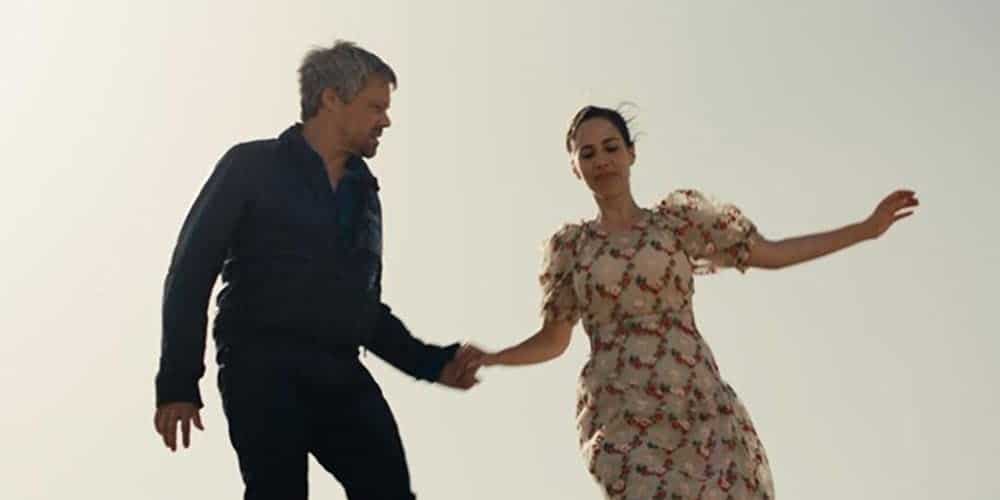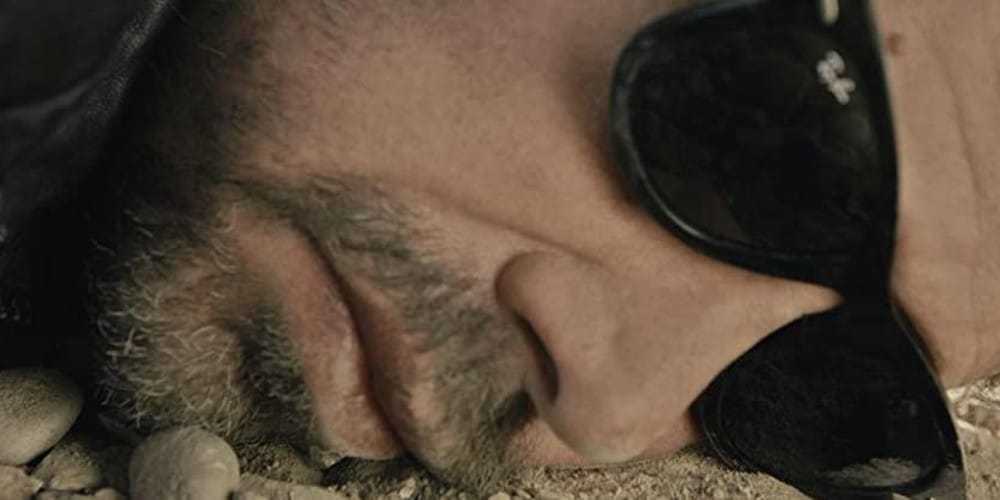Read also:
How to Watch FX Live Without CableHow To Watch AMC Without CableHow to Watch ABC Without CableHow to Watch Paramount Network Without CableDirector Nadav Lapid returns with a semi-autobiographical film that does not match his best work but is far from a failure.
A motorcycle streaks through the rainy streets of Tel Aviv. Its rider is Ahed Tamini, a Palestinian woman who slapped an Israeli soldier in the face when he was attempting to break into her house. In response, an Israeli parliament member tweeted “In my opinion, she [Tamini] should have gotten a bullet, at least in the kneecap. That would have put her under house arrest for the rest of her life.” Oh wait, that isn’t actually Ahed Tamini. We’re seeing an actress auditioning to play her in an edgy digital video project. The flutter and flurry of disorienting images feel confusing, anxious, and raw.
This almost-avant-garde style quickly fades, an apparent misdirection from writer/director Nadav Lapid. When the dust settles, we’re on a plane with “Y” (Avshalom Pollak). He’s flying to Sapir, a small town near the Jordan border in the Arava, the driest desert in a country that’s mostly dry desert. Y is directing the Ahed Tamini project; he befriends and flirts with Yahalom (Nur Fibak), the cute librarian who invited him to her village and organized this public screening of one of his movies.

Everything is going well until Yahalom informs Y that that to hold the event, he must declare that his film only covers certain government-approved topics. Of course, Israel’s Ministry of Culture cannot sanction a screening that presents the occupation and oppression of Palestinians (not that Y’s does, or at least, it doesn’t appear to be anti-Zionist agitprop).
“Y” is such a clear surrogate for Lapid that it’s basically unnecessary to say so. His last movie, the also autobiographical Synonyms, found inspiration in the works of Jean-Luc Godard and Paul Schrader – Knee finds Lapid riffing on Federico Fellini’s 8½. This isn’t to paint Israel’s angriest auteur as a pastiche artist, it’s simply to say that he’s gotten quite confident adapting recognizable aesthetics to fit his films.
Indeed, if Lapid has translated one side of himself onto the screen here, it’s his frustration with his nation, and his frustration with his own role as storyteller, not changemaker.
But the tension of Ahed’s Knee is that as Lapid wears his influences on sleave, he’s also trying to roll up said sleeves, strip away the artifice, and make his perspective inescapable. You can see this in the texture of the frames, which never completely lose the digital, DIY ugliness of the opening sequence. The events of Knee seem blatantly pulled from Lapid’s experience presenting his work around Israel – clearly, he feels his countrymen have been missing the point. Indeed, if Lapid has translated one side of himself onto the screen here, it’s his frustration with his nation, and his frustration with his own role as storyteller, not changemaker.
So, while the cacophony of contradictions Lapid produces in Ahed’s Knee aren’t quite as compelling as the cacophony of contradictions he unleashed with Synonyms, as another Jewish man unspeakably angry at Israel, I am sympathetic to Lapid’s plight. There’s a scene towards the end in which “Y” really goes off, yelling, swearing, and cursing his homeland – the camera, just as enraged, pulls in to a close-up of Y’s ear, then cuts to another, equally bizarre angle. It’s as if the conventions of film grammar have been fractured by the righteous, unpleasant feelings of both its fictional and actual directors.

Pollak doesn’t have the same lightning-in-a-bottle screen presence as Tom Mercier of Synonyms, but that’s probably part of the point: Lapid has grown up, into something of an asshole. The Israeli government, which has maddeningly, paradoxically, at least partially funded Lapid’s entire filmography, would never put money into the “Ahed’s Knee” project we briefly see here. We’re left with Lapid’s movie, and more broadly, Lapid himself. To these eyes at least, that’s hardly a bad thing – though I can’t help but hope his next film feels a bit more essential.